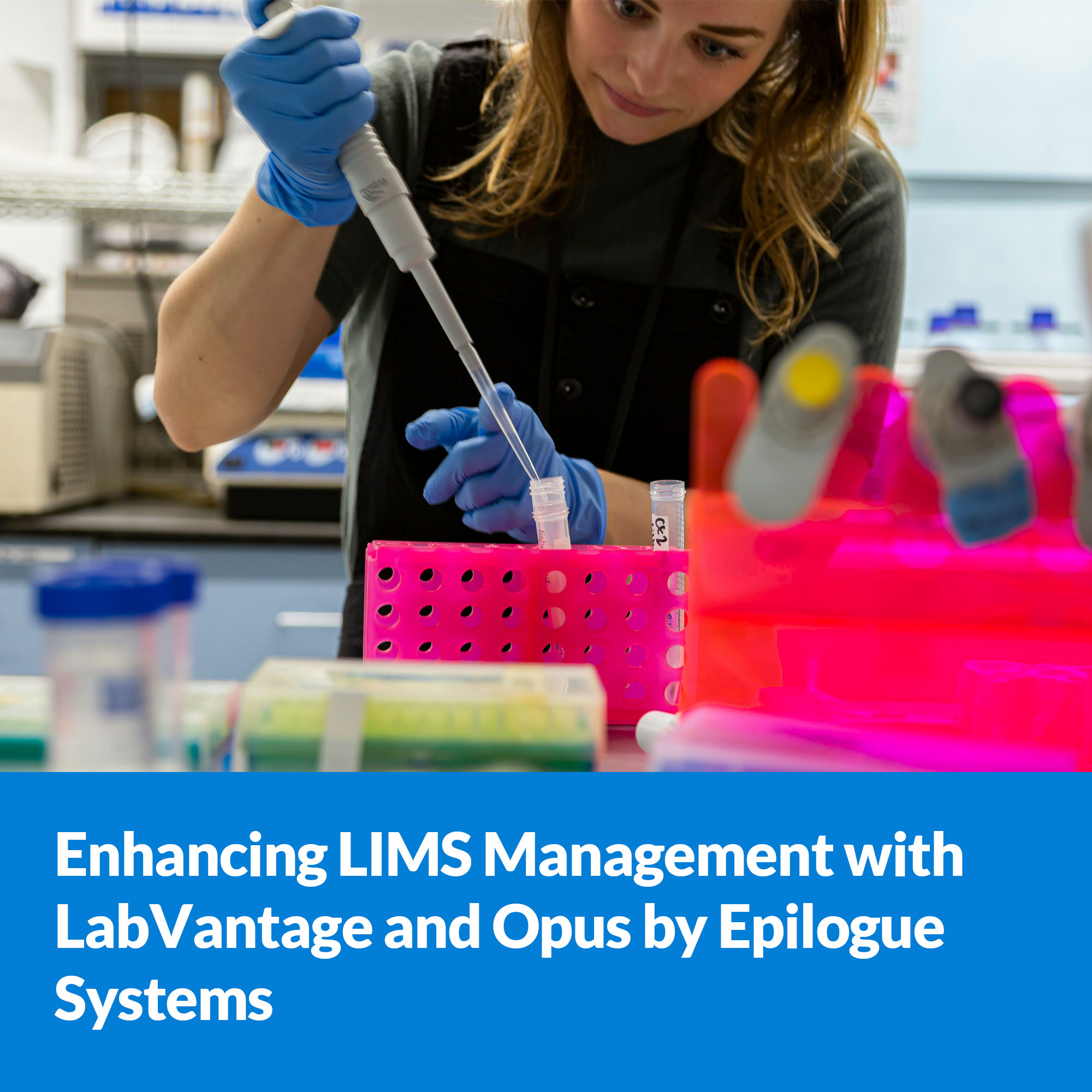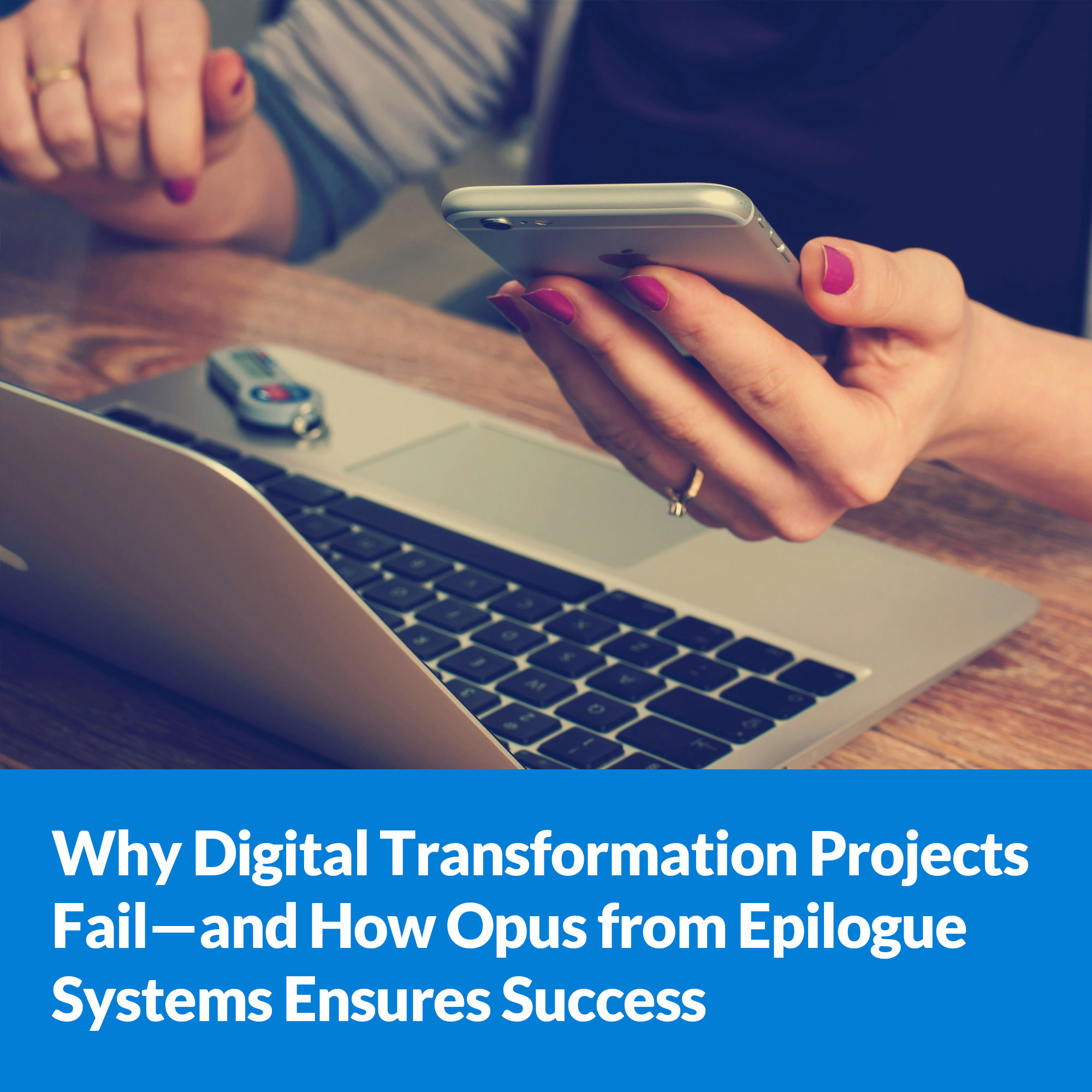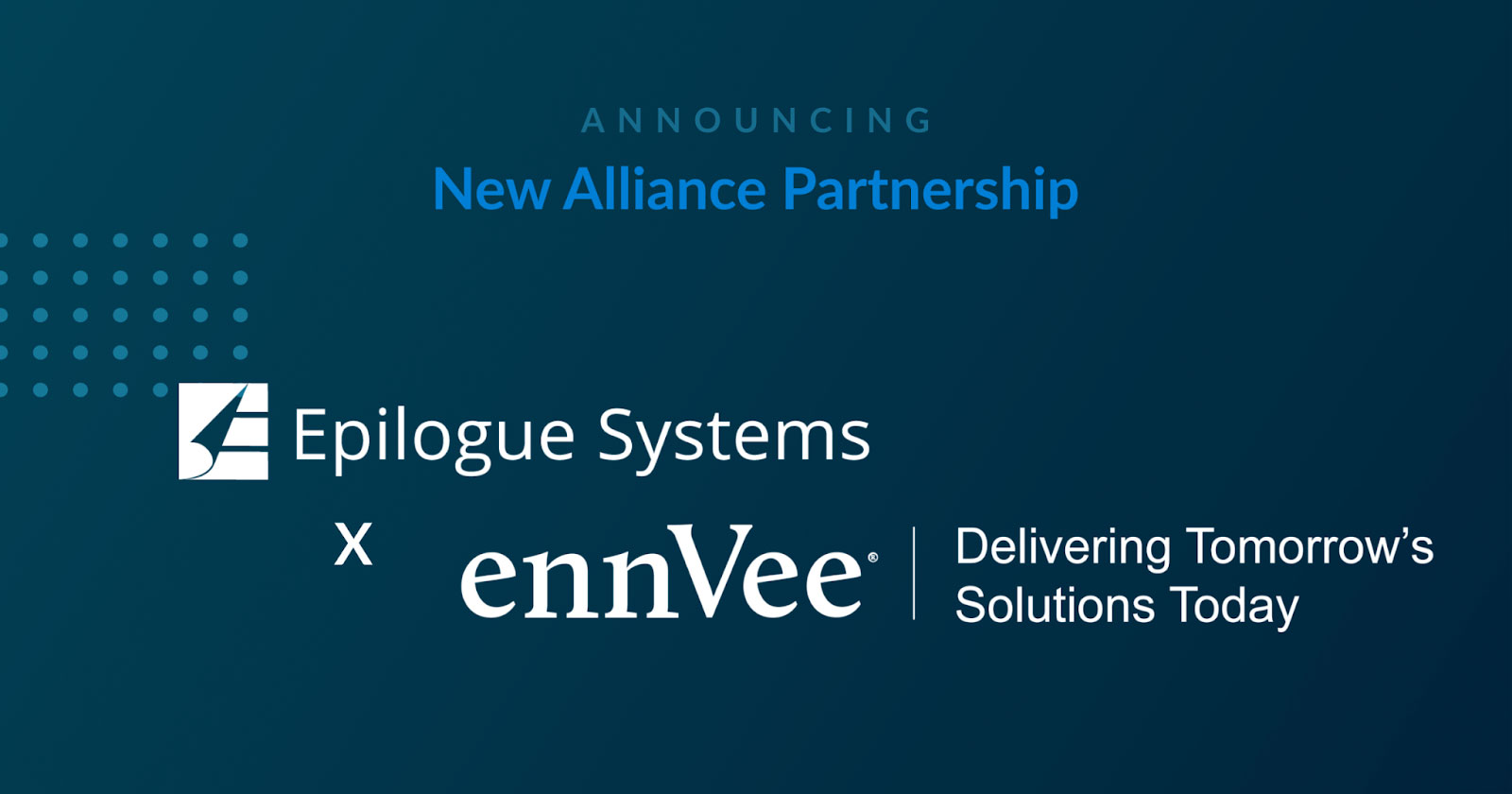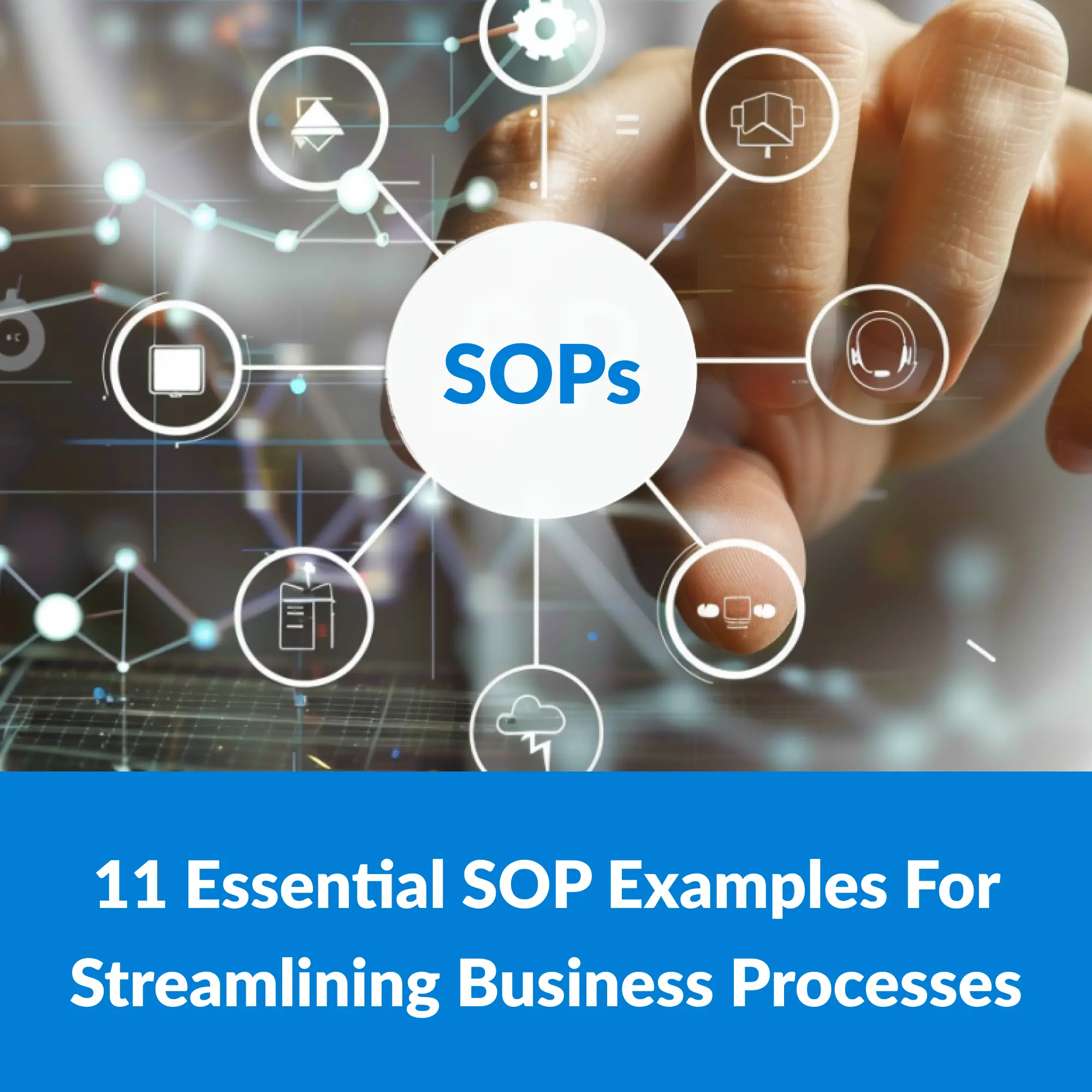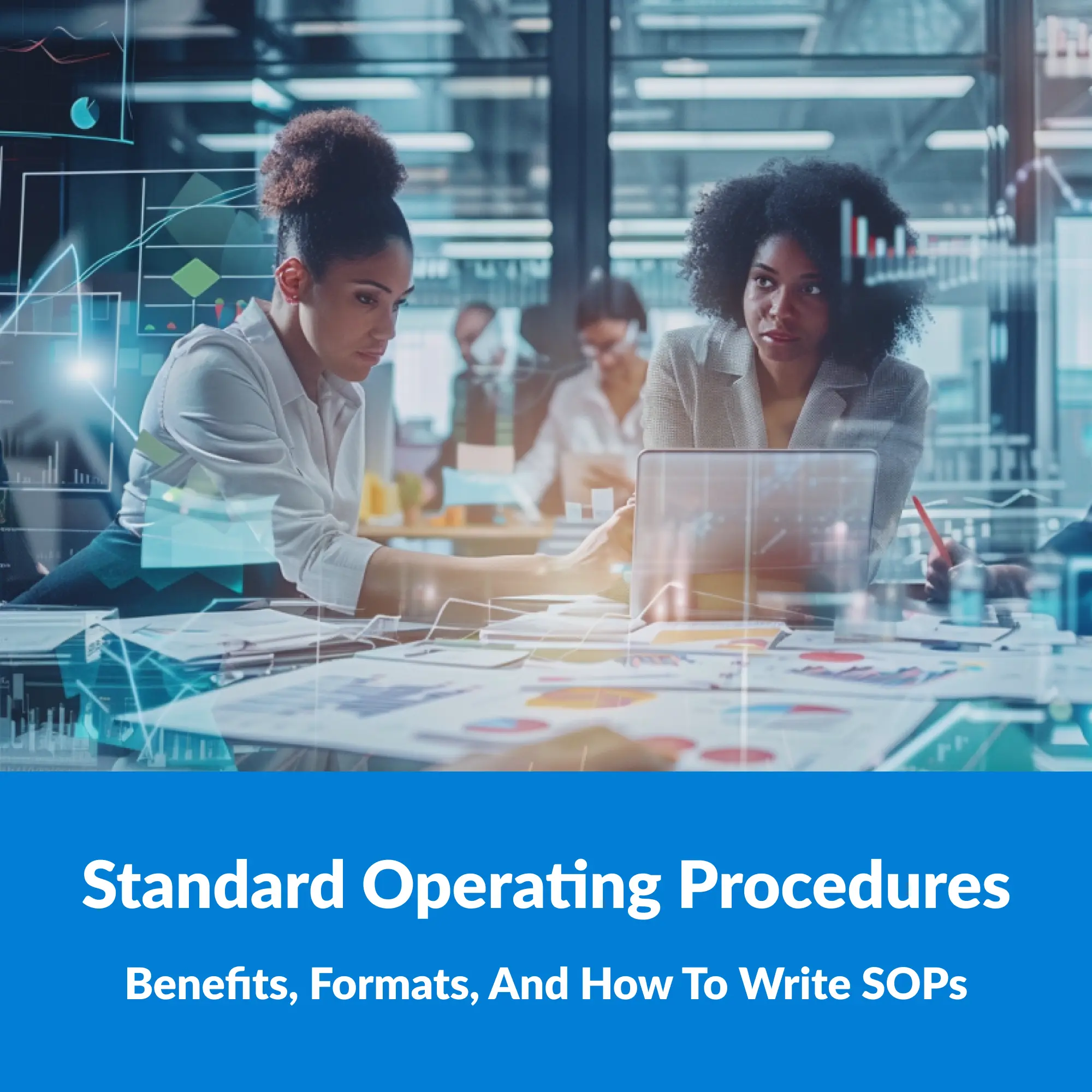
As someone who relies on Oracle UPK (User Productivity Kit) to drive user adoption, enhance employee productivity, and improve ROI for your Oracle EBS, JD Edwards, PeopleSoft and other applications, will you and your organization be ready for UPK’s end of life?
If you are a service provider with clients who will be impacted by the UPK sunset, click here to see how you can help your clients.
Here are 6 questions to consider before UPK support ends:
- Does your IT department know that continued use of UPK may present security issues?
- Did you know that UPK’s last major update (12.1) was in 2014 and the final service pack was in 2019?
- Does it make sense to use UPK on your application projects, Oracle or otherwise?
- Does UPK work well with non-Oracle applications, particularly cloud-based?
- CRITICAL: What do you do with your current UPK content?
- What should be considered when assessing alternative digital adoption solutions?

1. Does your IT department know that continued use of UPK may present security issues?
Oracle UPK has not indicated they will be continuing to issue technical updates for browser and Operating System updates which are required to ensure security and functionality availability. This places a burden on your IT security team to validate security and upon the UPK administrator(s) to validate continued functionality. In many companies, software vendors must issue technical updates to remain current with browser and security updates and is required for continued use.
What is your company’s policy? Have you checked with IT security? How will you validate functionality and the availability of workarounds?
2. Did you know that UPK’s last major update (12.1) was in 2014 and the final service pack was in 2019?
As an extension to the first question, UPK has not seen meaningful enhancement since 2014 and since that time, things have changed in the world of digital adoption and EPSS.
- Applications have moved to SaaS and Cloud.
- Desktop-based applications have become challenging for IT leadership to support.
- Learning and Development teams are stretched thin with the demands of the digital workplace.
- New learning management technology like xAPI/TinCan has become the new standard for analyzing learning data but is not captured by UPK.
- Tools have emerged that offer much greater ease of use as compared to the heavy skillsets needed with prior tools like UPK.
3. With the uncertainty of UPK’s continuing viability, does it make sense to use UPK on your application projects, Oracle or otherwise?
Last fall, Oracle announced extending support and enhancement of key Oracle products like Oracle EBS, JD Edwards, PeopleSoft, Siebel and Hyperion through 2031. See this link: (https://www.oracle.com/support/lifetime-support/applications-unlimited.html).
Does it make sense to use UPK on releases and upgrades for these products given the uncertainty for the continued viability of UPK?
4. Does UPK work well with non-Oracle applications, particularly cloud-based?
Since UPK was developed as an on-premises and partially desktop EPSS technology, the explosion of Cloud technologies has occurred. The new concept of the Digital Workplace involves Cloud applications that enable better collaboration, project and task management, content management, sharing and communication. Major applications like Salesforce, Workday, Oracle, SAP, Infor, Dynamics and AthenaHealth are in the cloud. Newer digital adoption solution technologies were built to handle these dynamic applications, UPK was built for the time before these applications.
5. CRITICAL: What do you do with your current UPK content?

As you assess the options for your digital adoption strategy, have you considered what you will do with the large amount of content you generated with UPK? Is it completely out of date and irrelevant or is it still useful with the applications you used it on? If your UPK content is still largely relevant, you should assess alternative solutions that can effectively convert that content without re-creating it and allow editing where needed.
Summary of important conversion considerations:
- Can UPK’s .odarc files be converted in bulk or only one at a time?
- Does the conversion tool capture the complexities and nuances of UPK’s formats? Even though UPK is old, it was a powerful tool and converting it’s content requires a robust converter.
- Will the converted UPK content be fully editable after conversion so you can update as needed?
- If editing is required or desired, does the new solution’s editor allow this to be done quickly and easily?
This short video shows how easy and fast UPK content is converted into fully editable content in our digital adoption solution, Opus.
6. What should be considered when assessing alternative digital adoption solutions?
As you explore your digital adoption solution options, here are some considerations that will help assess your situation and your need.
| Target Applications | a. How many applications may be targets for digital adoption support? b. Are any of these desktop or require desktop components? |
| Content Creation Volume | How many processes/transactions/workflow need to be documented in your Target Applications? a. Low (<20) b. Moderate (20–50) c. High (>50) |
| Target Application Complexity | How complex are the processes/transactions/workflows to be documented? a. Low (<10 steps) b. Moderate (10–20 steps) c. High (>20 steps) |
| Skill Required | What is the level of skill needed to create the digital adoption content needed? a. No learning curve: can be used by any Target Application expert, including key subject matter experts and power users. b. Moderate learning curve: typically limited to the project team and/or the core team responsible for training and adoption. c. High learning curve: content creation is limited to those in the core team who are assigned responsibility for the tool. |
| Effort Required | How long does it take to produce digital adoption content, including preparation time, creation, editing, review and final production? a. Low = 1-4 hours per process/transaction/workflow b. Moderate = 4-8 hours c. High = Over 8 hours |
| Change Frequency | a. What is the frequency of change to the processes/transactions/workflows in your Target Applications? b. What happens to your digital adoption content when changes are made? c. What is the level of effort needed to maintain your content? |
| Deployment Effort | a. What level of IT support will be required for the deployment of your digital adoption solution? b. How quickly can you and your team be provisioned and made functional? c. How often and easily are updates incorporated into your digital adoption solution? |
| Pricing | a. Does pricing include all Target Applications or is pricing per application? b. Is pricing per user and does the price per user decline as the volume of users rises? Is there an unlimited users option that caps your price? c. What is the average cost per digital adoption topic developed (topic = process/transaction/workflow)? This is critical and the formula is simple: Total Price of the digital adoption solution / # of digital adoption topics developed. |
| Try Before You Buy | Even a good tool will perform poorly if it’s used for the wrong purpose – right tool for right purpose. Will the solutions provider allow you to do a meaningful Free Trial so you can reduce the risk of buying a tool that isn’t right for your situation? |
THE EPILOGUE TEAM KNOWS UPK
We developed UPK, we supported UPK and we sold UPK. Now we’ve brought that experience and expertise to Epilogue Opus, the best alternative to UPK. The following key Epilogue team members have between 10-20 years of experience with UPK, before and after Oracle acquired it.
- Mark Overton – CTO, former Product & Engineering for Oracle UPK and originally developed UPK
- Tom Casillas – Director of Operations, former Lead Technical Support for UPK
- Bob O’Neill – SVP Sales, former Director of Sales Operations for UPK
We also understand your UPK deployment, the applications it’s used on and truly believe Epilogue Opus is the top consideration as you transition off UPK. For more resources about Opus as a replacement for UPK, click here.
Let us know if you’d like to see Opus or the Opus converter in action.

